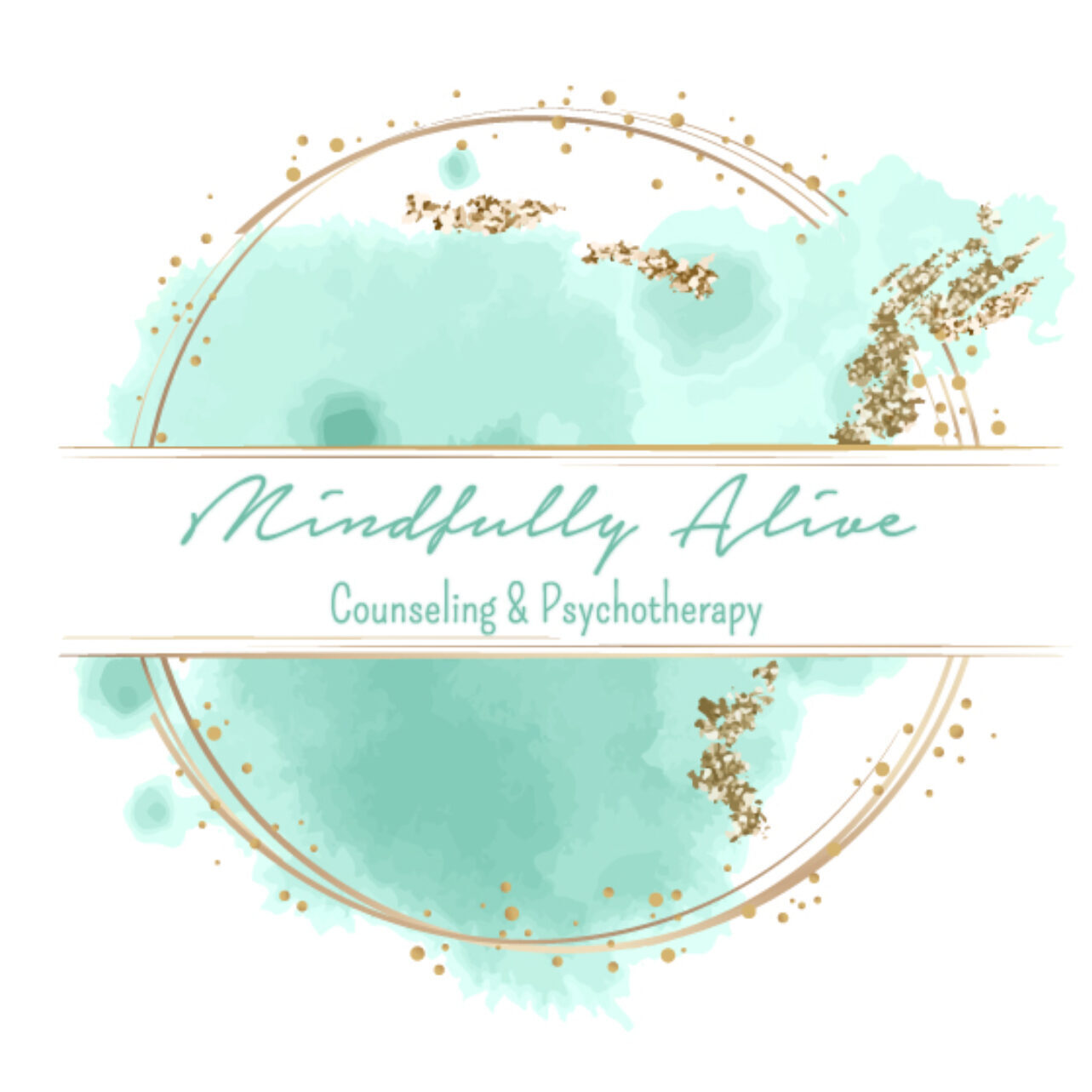
"Apologize to your body. maybe that's where the healing begins" - starting
placing our worth outside of our
appearance:
Picture this: you’re in your favorite place wearing an outfit that you find both flattering and comfortable. You view food as a source of fuel and don’t demonize it through classifications of “good” and “bad”. You’re not worried about your body image, bloating, the way your belly rolls when you sit down, or how your profile looks from all angles. You feel whole, confident, and at peace with yourself creating a strong, positive aura that everyone around you can see.
This is, by no means, a stretch of the imagination, but it can be difficult to achieve when we are in constant competition with ourselves and the people around us. In every part of the world there is an emphasis on the relationship between the way a person looks, their body image and their status in society. From a westernized perspective, this idea is heavily influenced by the media’s value of thinness, daily social stigmas, and the politics of being different.
a psychological approach to healing
So, how does this affect us? There are a multitude of ways body image, and our mental health can be impacted by society and the politics of existing. For instance, self-esteem is more than just your personal sense of worth, it also impacts your thoughts, which impact your actions and your actions are how you interact with the world around you. If your sense of self-worth is diminished by a negative perception of your body, you’re likely to view yourself in the same light and may project that onto others through anger, frustration, or envy. On the contrary, you may do the opposite and turn those feelings toward yourself creating a sense of shame, or guilt. We may not be able to single-handedly fix societies standards but, how can we remedy these issues and improve our overall sense of self?
A peaceful relationship with your body and with food is a basic human right.
through our work together you may develop:
– a shift in your perspective regarding your relationship with your body, your emotions and your identity
– an unburdening of pressure and internalized Euro-centric appearance ideals
– an embodiment of your authentic self with an enriched self-esteem and a sense of empowerment
– inner freedom from a critical mind
– a newfound sense of pleasure and deepening of relationships as you become powerful in who you are
– an understanding of the difference between physical and emotional hunger and how sometimes food can be used to ground anxiety
– an ending of the cycle of fad dieting
– a new perspective as a whole, dynamic and complex self not defined by any one aspect
– an ability to see yourself from your heart versus your mind and begin to reparent your inner child
– an understanding of how suppressed emotions (such as anger, sadness, etc) could be contributing
– a newfound desire to take up space, speak your truth, live in accordance to your values vs. those placed upon you in all areas of your life
– a shift into an integrated, more holistic grounded self where you choose to align with your body with curiosity, trust and acceptance
